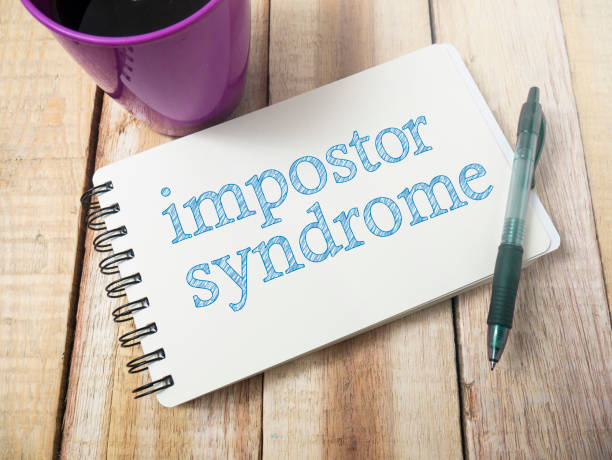Recently I, and two of my UniSkills colleagues, presented our Academic Resilience research at the ALDinHE conference in Northampton University.
Now, as Academic Skills Advisors within the Student Engagement Team we teach sessions regularly as part of our job – you may even have attended one of our UniSkills sessions yourself. However, it’s safe to say that nerves both about the delivery of the workshop, and the content we were discussing, were high. But why?

Some of the nerves I was feeling can be traced back to imposter syndrome; that nagging self-doubt that we don’t belong and might just get found out. So, despite many years of experience and a day job which requires me to present to students all the time – the nerves still rattled.
But I’m here to remind you that much can be gained from embracing those nerves!
Just as the saying goes, ‘embrace the fear, and do it anyway‘, nerves fuel our excitement and in some ways are needed to fire us up in the first place. Try and think of that jittery feeling in your tummy as being supercharged with enthusiasm, rather than a pit of nervous dread! This is definitely a case of mindset and the more you practice it, the easier it will get. The nerves might never fully go away, but you can get better at dealing with them.
And as for imposter syndrome, remember you’ve earned the right to do whatever is scaring you! It’s no accident that you’re sitting that exam, delivering that presentation or writing that essay. Don’t let imposter syndrome sabotage your plans!
So, how do your Academic Skills Advisors embrace the nerves, banish imposter syndrome and do it anyway? Keep reading for some top tips…
- Be prepared… That means understanding the brief thoroughly. Know what is required of you, and if you’re unsure ask your tutor for clarification before you get started. You can find lots of help on our UniSkills webpages, or why not book a workshop or one to one appointment if you need more support.
- Do the research… You can’t wing this. For example, your writing will only be as good as the time you put into searching for relevant academic resources and reading them. You then need time to understand what you’re reading, make notes, identify links / themes and begin to plan what you’re going to write. Your module reading list is a good place to start if you’re wondering what to read, but check out Discover More to conduct your own searches for books and journal articles.
- Practice makes perfect… Remember the saying ‘fail to prepare, prepare to fail’? There’s a lot to be said for this one – particularly when it comes to presentations. Make sure you give yourself plenty of time to practice what you’ll be saying. Rehearse in front of friends and family and stick the timer on if you have a time limit to hit. Nobody there to help watch you rehearse? Then stand in front of a mirror and present out loud to yourself. You might feel a bit silly at first, but you’ll see exactly what your audience will see, so stand up confidently and sell that presentation. Check our our UniSkills Presentations webpage for more tips!
- Find a support network…I’m lucky to be surrounded by a fabulous bunch of colleagues. Having supportive people around you really does help, from asking advice to sharing any worries or concerns. So, find your tribe and support each other. If you’re somebody who has returned to studying after a bit of a break, why not book to attend our Returning to Learning student community of practice. These sessions offer a fantastic opportunity to meet fellow students over a cuppa and some biscuits and share similar concerns. There’s also Academic Skills Advisors on hand too if you have any study questions.
Next Steps…
There’s nothing worse than nerves and/or imposter syndrome rearing its ugly head, but sometimes once you realise that other people are feeling the same way it makes it somewhat easier to deal with, because you’ve normalised it. The key is to harness the nerves and use them to your advantage!
UniSkills offers a wealth of support to help you feel confident about your academic writing, referencing, presenting and much more. If you’re worried about your academic skills make sure you seek us out and banish that imposter syndrome!

